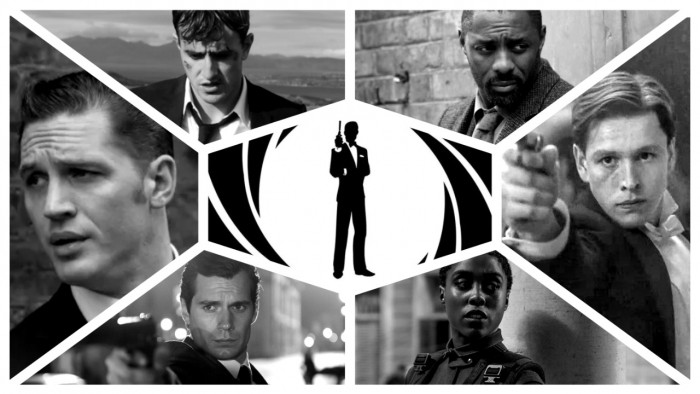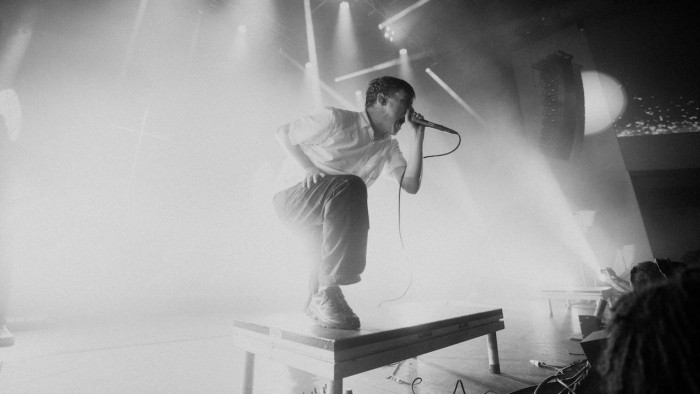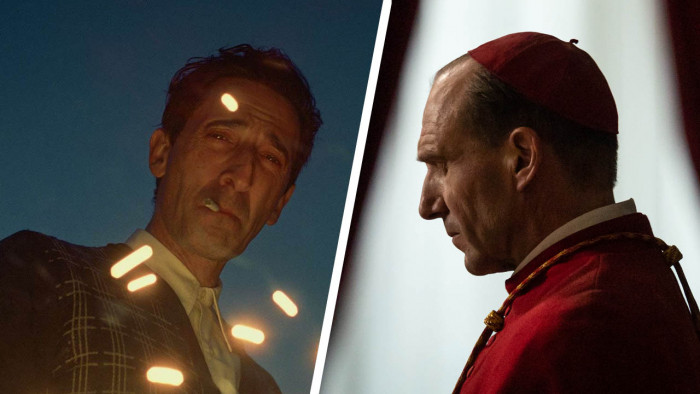We spoke to a former MI6 spy about the murky world of covert killings
An unflinching insight into the spook world


International espionage isn’t all Tom Ford tuxedos, high-stakes poker games and jetpacks. Sometimes there’s far dirtier work to be done.
Just ask Nicolas Anderson. A former covert action British intelligence officer whose career spans forty years, he worked for SIS during the Cold War until his retirement in 1983, before being recalled to active duty in 1992 and then again in 2003.
Now an author living in the south of France, the man's as seasoned in the dark arts as they come, we spoke to Anderson to get a candid - and at times unflinching - insight into the murky world of state-sponsored assassinations.
If ever you wanted to know about the deadly side of spycraft, this is it.

You’ve previously spoken about the mysterious death of the famous ‘spy in the bag’ Gareth Williams. Do you think it could have been the work of a foreign agency?
Read about the Death of Gareth Williams here
"I don't think it is foreign at all. It's closer than that. The clue was in the spotless clean-up of his flat, no fingerprints, no footprints, no CCTV clues, nothing at all, so that makes me think there is British involvement in some form."

Why would that be?
"Williams was a top-rated encryption expert. Since the inquiry concluded what it did, then he may have discovered a foreign service's operational code by accident and/or through his own encryption devices findings. Certainly, he undertook unauthorised searches of databases that pissed off his chiefs in both the UK and the temporary ones in the US.
"To access this on the office computers would have been really stupid of him, so I have to suppose [that] he did that on his own computers at residences, seeing he hadn't been in the London offices for a while, having been posted to the States in a similar capacity, so his home address was traced through the personal IP number based in the UK. If that scenario being the case, then he severely underestimated the other side as well as his own side. Apparently, too, the house his flat was in was owned by a Russian-based corporation registered in an offshore location. So what may have transpired from that angle is not known.
"In any case, we will never know what really happened. The BBC TV series London Spy was based on Williams' death, which I found not very compelling. Such a fictional person, with such a freaky family background would not have passed the strict vetting from the onset."

And the wig?
"SIS (MI6) and other UK security agencies have a habit of coming in and cleaning up in the spotless manner the police found the place to be in. Over the decades we have tended to leave the impression that the victim was a crossdresser and/or a secret homosexual. It's an SIS calling card, our signature as it were. All terrorist organisations and government agencies have one, and that's ours...the British like to present the image suggesting the recently deceased was a sexual deviant. We do so to discredit them for political reasons."

Would it likely have been a team working together, or would it have been a one-man job?
"Remembering that we are supposing here - which also means imagining or inventing, I stress this repeatedly so nobody thinks these outcomes are actualities - but getting in is not hard for experts. Locksmith-route I would say, clean, no sounds, fast in. A small team of three or four. Someone has to be a lookout while the one or ones inside do what they have to do."

Can you tell us any examples of global spy agencies covering up killings?
"Understand, please, that you are delving into a world that is highly compartmented. What goes on in one room operationally at SIS is not known in the room next door who are involved in something else, and they don't talk to each other about what they are up to. I can tell you this much that our country does not do such things on our own territory, not unless we are accomplices with another party.
"But it is known that we Brits do the Americans' dirty work for them, and vice-versa. When secrets are unearthed at the parallel structure level - Le Cercle, Bilderberg - I wouldn't be at all surprised [if] the Russians came in and did a number on behalf of the British, really I wouldn't. It is very rare but it has been known to happen, to work in conjunction in order to repay some deed in the past, so we have been known to work with our perceived enemy. Then we went in afterwards and cleaned it up."

Given that intelligence agencies can neither confirm nor deny any killings they sanction, does killing, therefore, weigh even heavier on the mind of its triggermen?
"Of course it does. We are not robots, we are human beings. It's not something we are proud about. Likely the man had a family and kids, loved ones."

How much hand-to-hand combat training should a good field agent need?
"We were taught basic martial arts moves and how to handle a knife but in actuality I haven't met anybody that implemented the training received. Speed of foot is probably far more useful when the going gets too rough - to get away! Accurate shooting from close range would be best when the occasion does come along. We had a saying, '95 per cent nothing happening, four per cent something is, and one per cent you wet your pants'."

Say MI6 gives you an order to kill someone, abroad or at home. Who then gives you the gun and the details of where the target will be?
"I will flat not answer this, sorry. And why always presume it's a piece [gun]?"

You have described yourself as an “institutional killer” while working for MI6. How many people did you kill during your service?
"I will not answer that one either, I'm sorry. Certainly in almost 20 years in the field abroad I am not innocent of that charge and did so in self-defence, but to enquire the numbers and preferences would make me out to be a bit of a sicko. I'm not. We were following orders."

Which of the world’s secret services is most ruthless right now?
"The KGB and all its various replacement names since the fall of communism. They have a lab in Moscow that specialises in the study of poisons. What they've produced in there - there have most certainly been cases where they've applied it through, what I used to know as, Service V, the 'Special Actions' department within the First Chief Directorate.
"The most elaborate [killing in the field], I wouldn't relate it to you as it is too grisly and I wouldn't want to give any sick-minded person the idea, but it's a method used by the Arabs. The second most elaborate, in my opinion, is what the Cubans did with slow garrotting. Most Spanish-language operators, for some reason, also liked slitting throats, pulling the tongue out and then leaving it placed neatly on the torso. Presumably, this way was reserved for squealers - the slang given for informers."

Are there any Q-like gadgets to help cover up an assassination?
"Many. There's a location just outside North London that looks like a garage from the outside that works on these things. The best one I ever handled that they invented had no name given to it. So I coined it A Thinking Operational Mine, an ATOM. It was originally meant to be a listening post - about the size of a toiletry bag - that could send messages along a chain of other ATOMs, say, placed in a desert and covered lightly with sand. But it could become a revolving machine gun, when needed. If any of its 36 bullets lodged in a ground-based moving target, it would sit for a while, festering from the vibration from movement, then act like an incendiary device and blow the vehicle and its occupants up.
"Then there was 'Robbie' - the nickname we gave it - a small soundless spider with a camera built in it that could climb walls, go in and out of windows, relay images to the operator who had to have a straight visual access to it (no corners and walls in the way) and could see everything Robbie was looking at on their mini-screen. Robbie was not something that killed directly but it set up the scenarios to come soon very well."

What are five key skills in general that a good spy should have?
"The answer is much more than five skills. If you don't mind, in order to answer this, I will quote myself from a piece in one of my books. What SIS sought to fast-forward in a prospective covert action operator is a person that ticks all of the select boxes of the following (in no particular order), and more: Macro thinker (as opposed to micro). Innovative. Juxtapositional. Multi-cultured. Pioneering. Crosses borders. Out of the box. Original. No copycats. Dependable under pressure. Recognises that if you dance with the devil, you may have to factor the fiddler.
The only thing I'd add to that is to be multi-lingual. I speak nine languages."
[Images: Rex, Getty, iStock]








